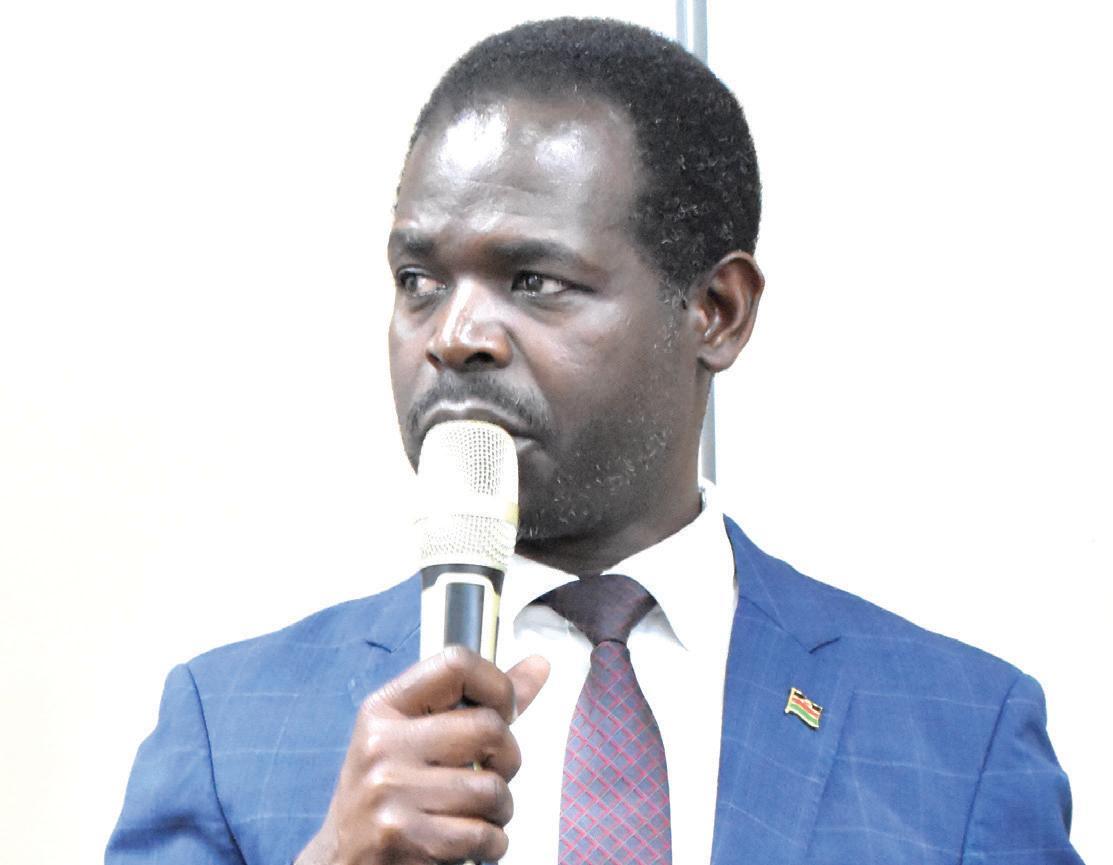By Alick Ponje
Africa-Press – Malawi. As climate disasters become more frequent and intense, Malawi is turning to artificial intelligence (AI) to help predict and prepare for extreme weather events before they strike.
This is one of the key issues under discussion during the two-day high-level stakeholder workshop, where partners in the Climate Risk and Early Warning Systems (Crews) initiative are reviewing progress since the launch of the programme around three years ago.
In an interview at the opening of the workshop, which concludes today, Secretary for Natural Resources and Climate Change Yusuf Mkungula said the government is rallying support to modernise Malawi’s early warning systems using AI-driven climate services.
“We are in a digital age where data and knowledge management are critical for survival. Accurate and timely climate information can mean the difference between safety and disaster for our communities,” Mkungula said.
He added that despite implementing various climate information projects with partners such as the World Bank, Malawi continues to face challenges in data collection, dissemination and the reliability of forecasts.
According to Mkungula, one major hurdle remains the lack of sufficient infrastructure and equipment.
“Our processes are still slow, largely due to outdated or limited systems. We are working hard to adopt AI to improve how we collect, manage and share climate data,” he said.
Among the global partners backing Malawi’s transition to smarter, more proactive climate resilience systems is the World Bank.
The bank’s Manager of the Urban Disaster Risk Management and Land Unit for East Africa, Catalina Marulanda, reiterated that Malawi is highly exposed to disasters.
“Too often, it is in response mode. Our goal is to support the government in shifting from being reactive to being predictive and prepared,” Marulanda said.
She added that managing the transformation depends heavily on data.
“Without climate data, hydrometeorological data, historical trends and future forecasts, decision-makers are working in the dark.
“It is about building risk-informed infrastructure and planning systems. You don’t want to construct a dam or road where it is going to wash away in the next flood,” she said.
For the World Meteorological Organisation (WMO), which is leading efforts under the Crews initiative in the region, sharing information on progress is critical.
“We are beyond the midpoint of the Crews project and a lot has already been achieved. But now is the time to harmonise our efforts, align with what other partners are doing and make sure we are complementing, not duplicating, each other’s work,” said Joshua Ngaina, representing WMO’s Regional Office for Eastern and Southern Africa.
Source: The Times Group
For More News And Analysis About Malawi Follow Africa-Press






